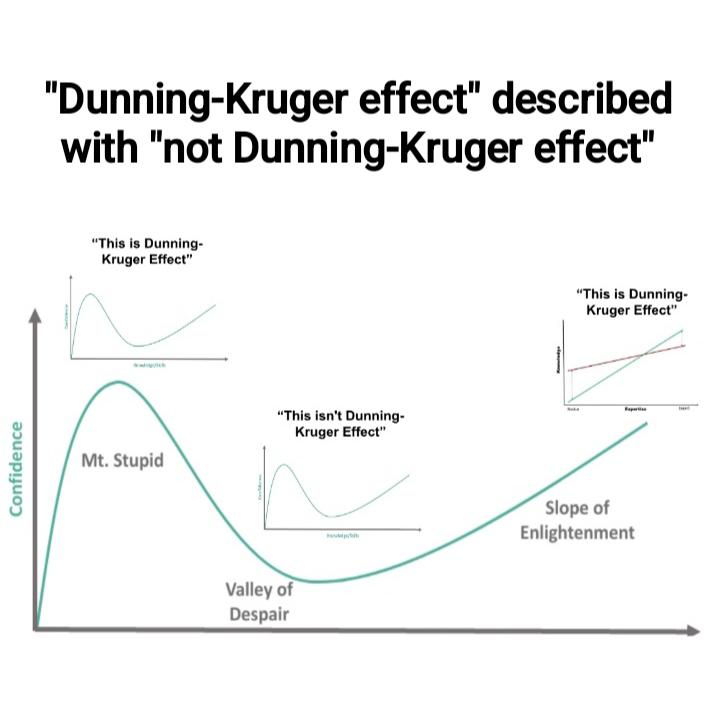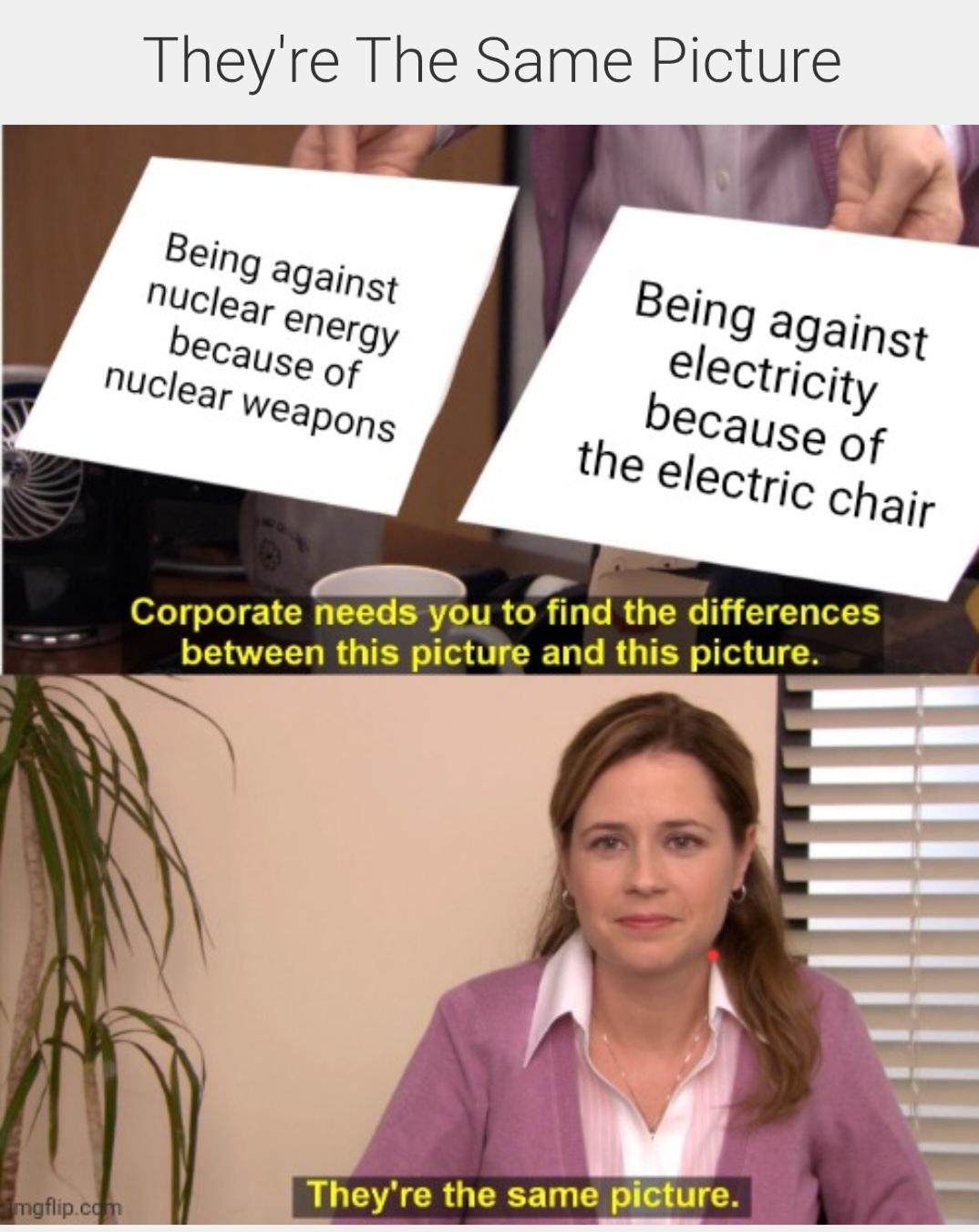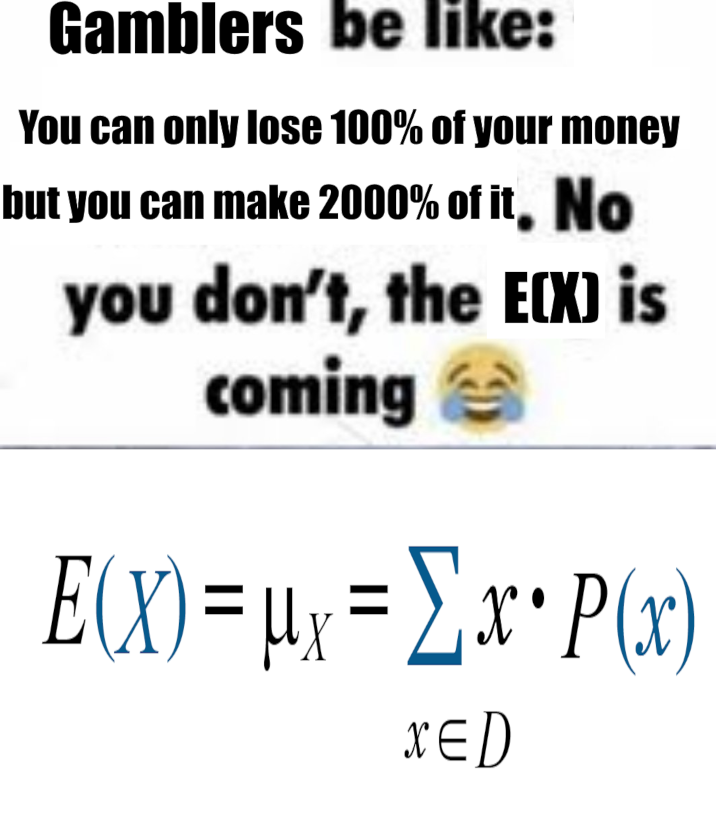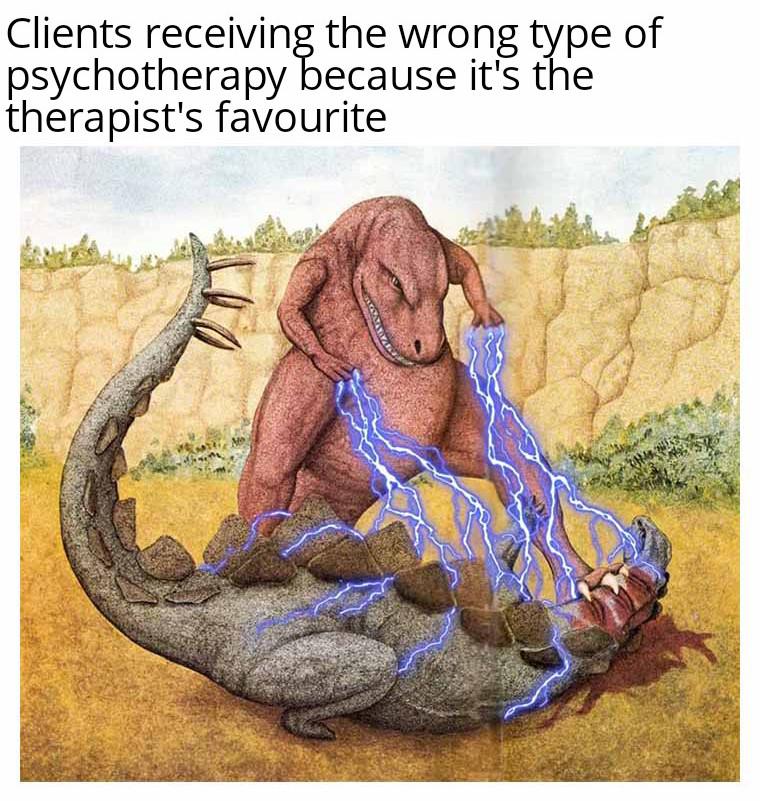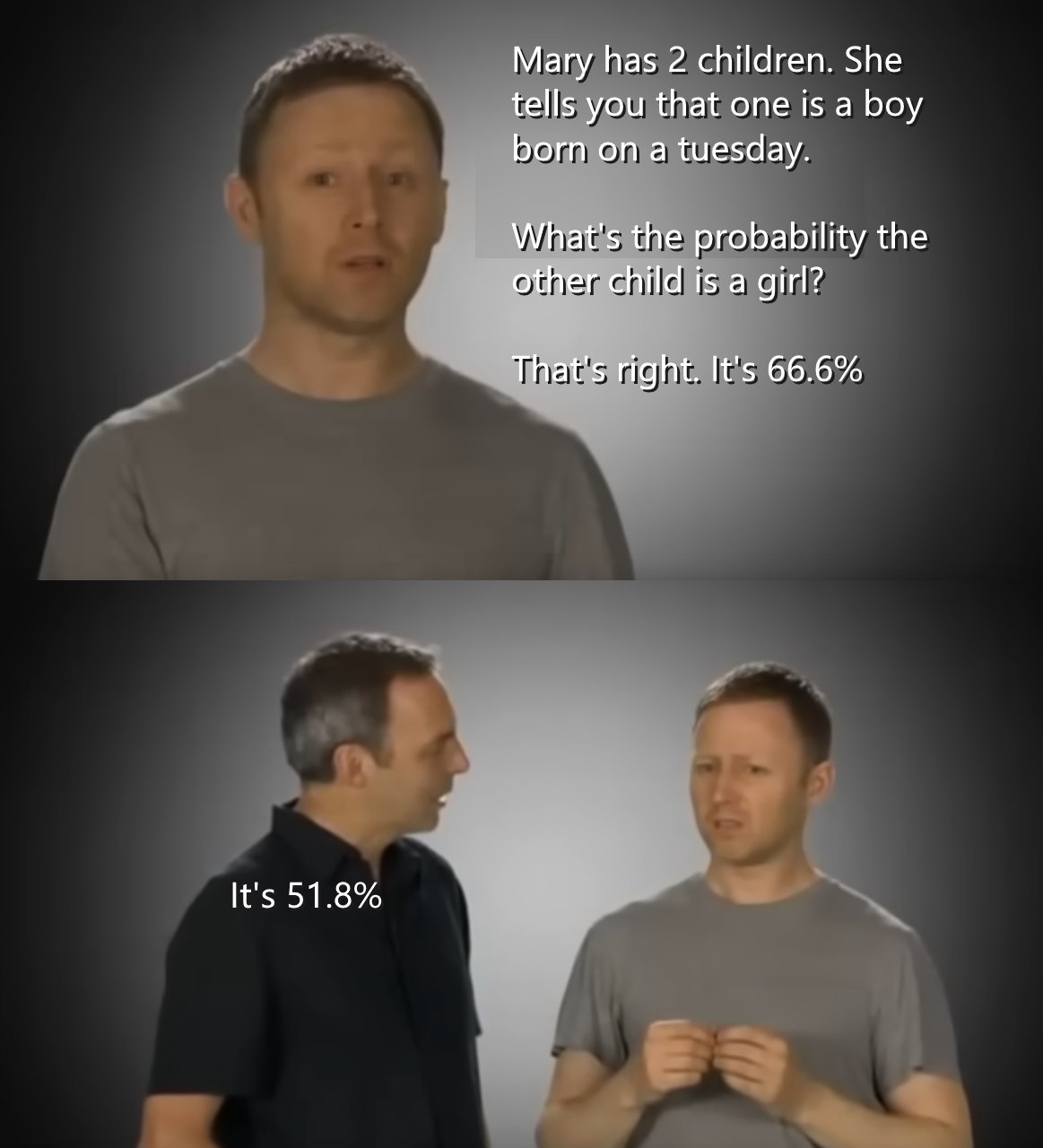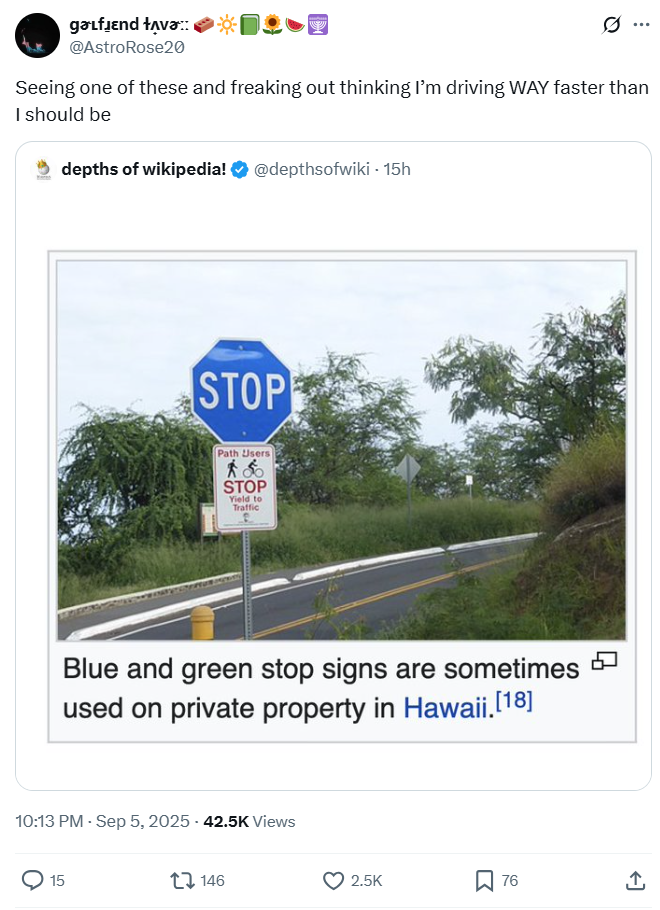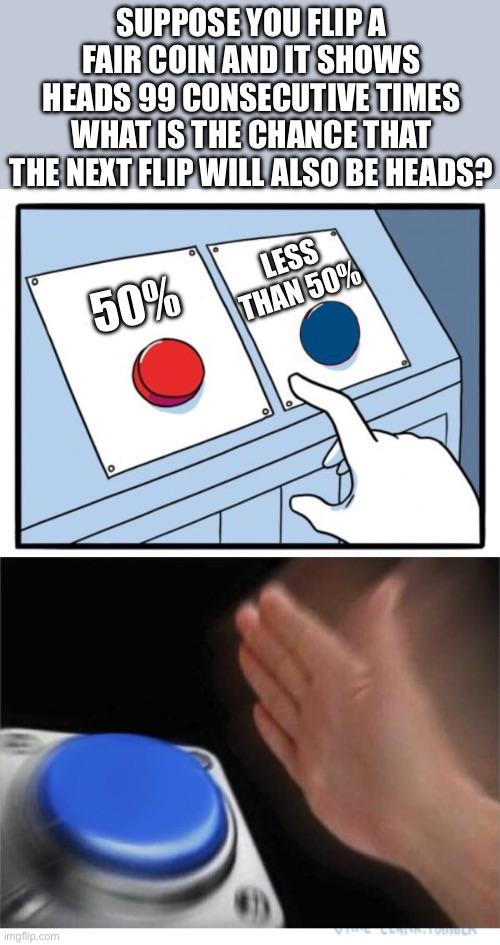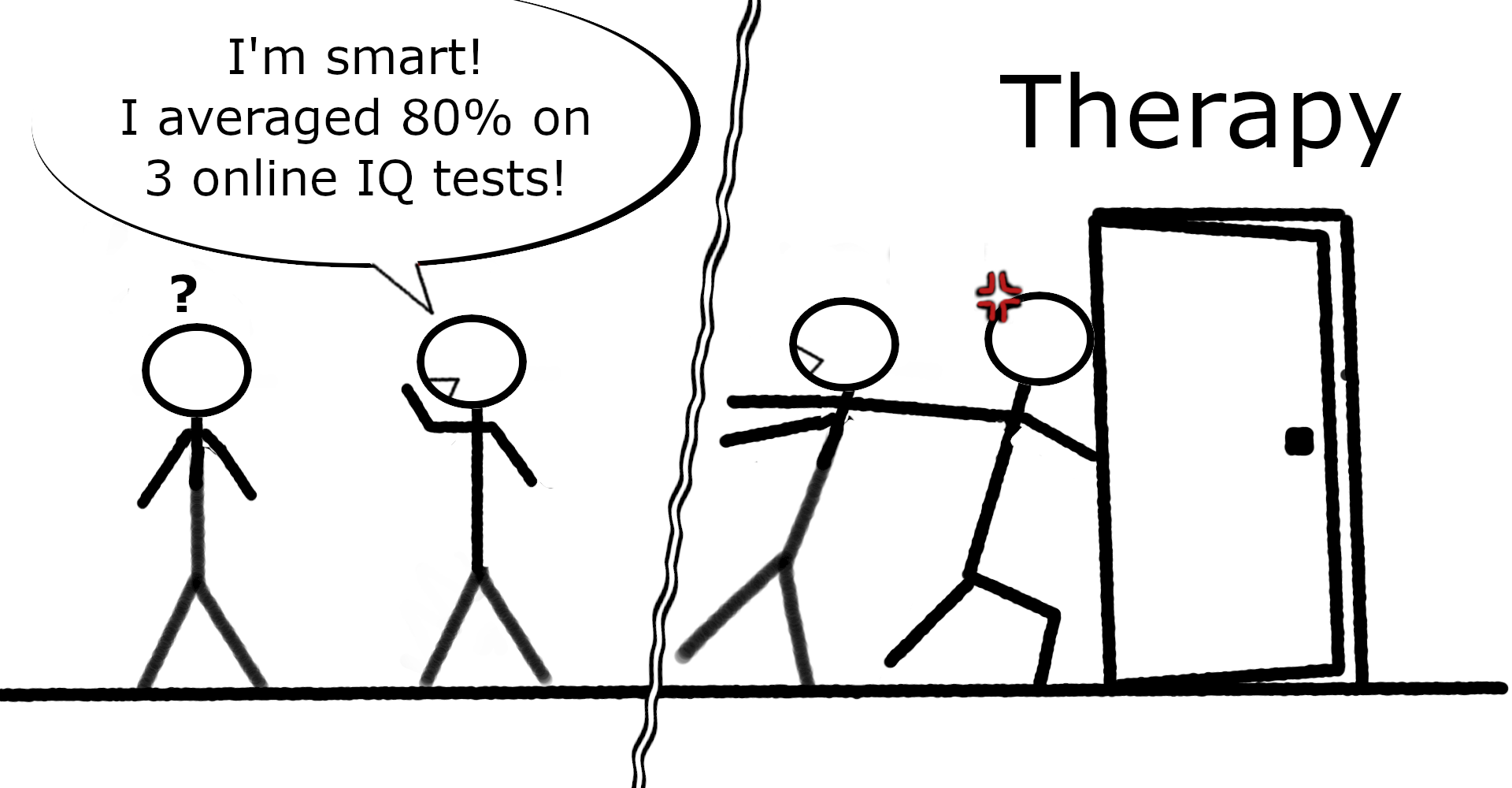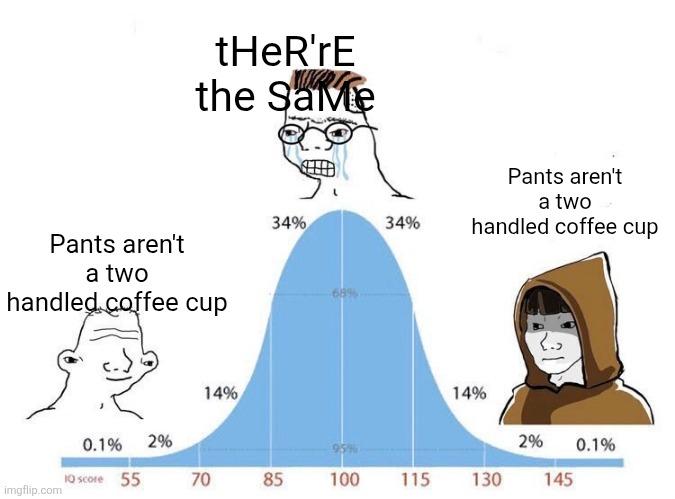Conspiracy theorists have struck again! 🔍 This meme shows the classic "connect random dots and find a pattern" approach that happens when you've had too much coffee and not enough sleep. The human brain is literally wired to find patterns everywhere - it's called pareidolia. Give someone a map, some historical events, and basic geometry, and suddenly they're uncovering "secret plots" that would make even the Illuminati say "that's a bit much." The circle and square alignment is pure coincidence - just like how you can connect any three points on Earth with a triangle! Mathematically speaking, you can draw infinite shapes through any set of points if you're determined enough. Next thing you know, they'll be connecting dinosaur extinction to the invention of sliced bread using rhombuses and trapezoids! 🦖🍞📐


 Academia
Academia
 Ai
Ai
 Astronomy
Astronomy
 Biology
Biology
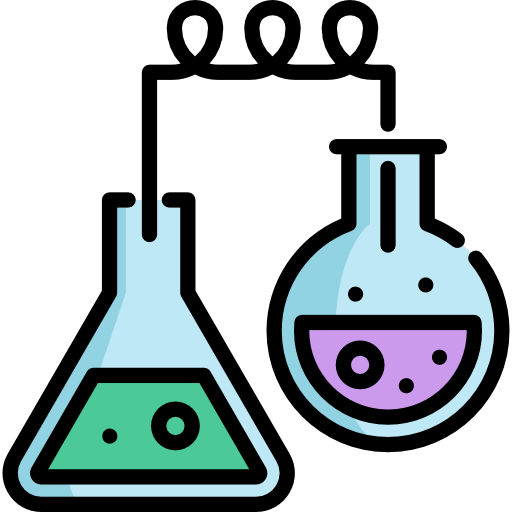 Chemistry
Chemistry
 Climate
Climate
 Conspiracy
Conspiracy
 Earth-science
Earth-science
 Engineering
Engineering
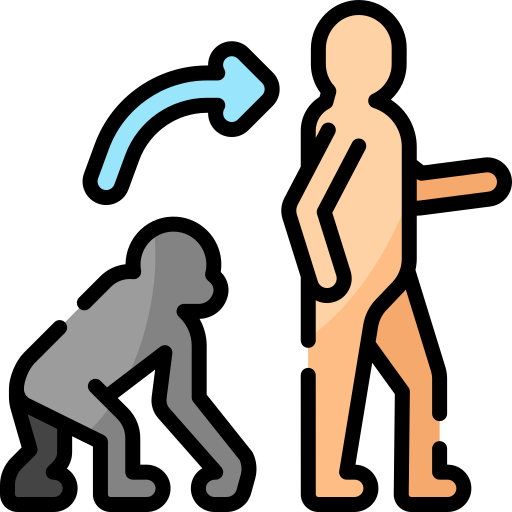 Evolution
Evolution
 Geology
Geology
